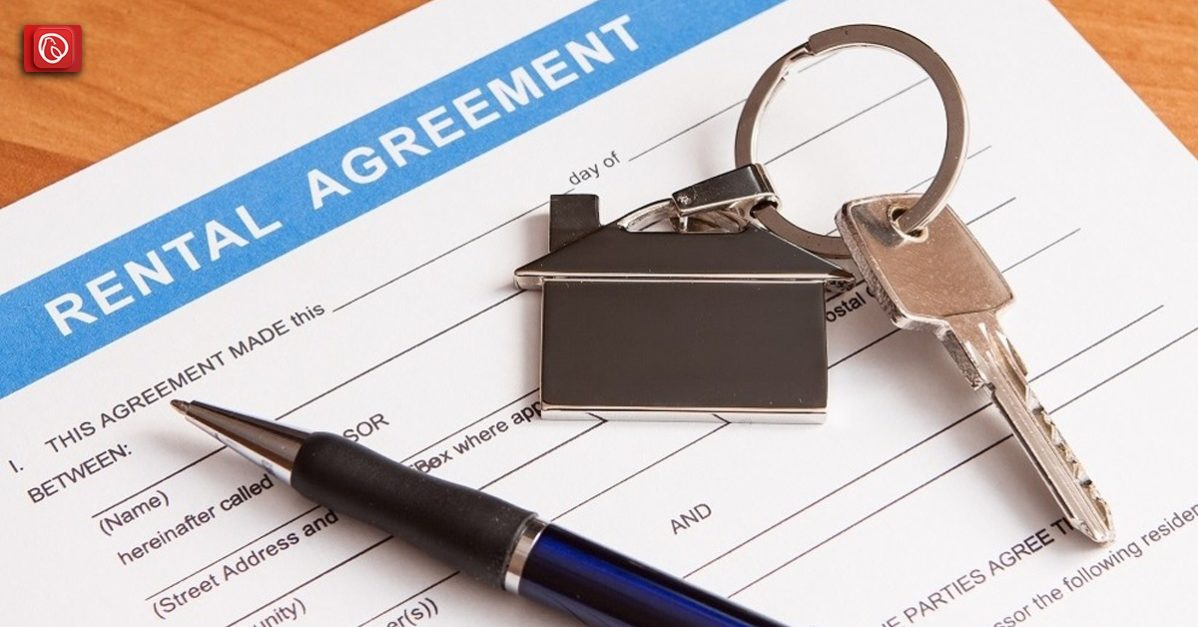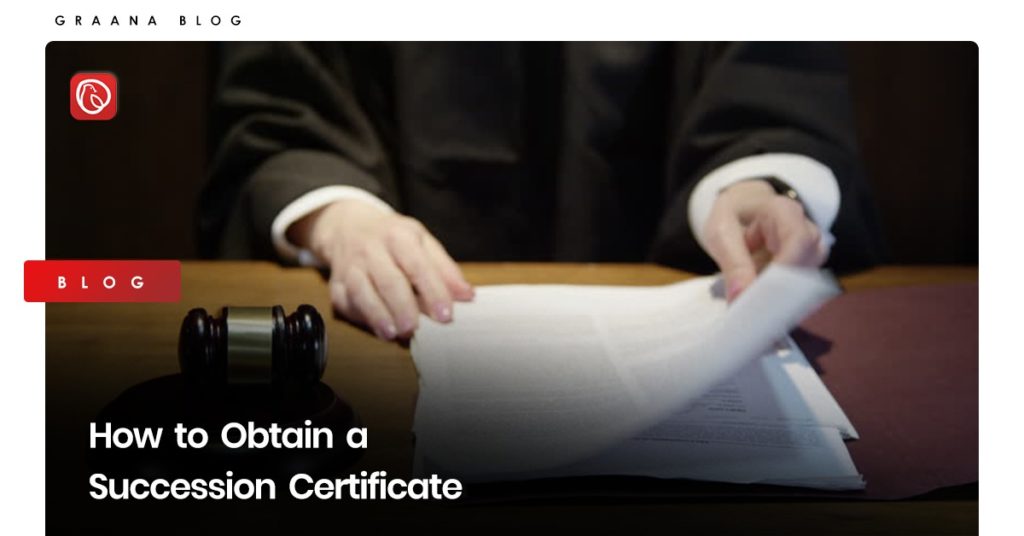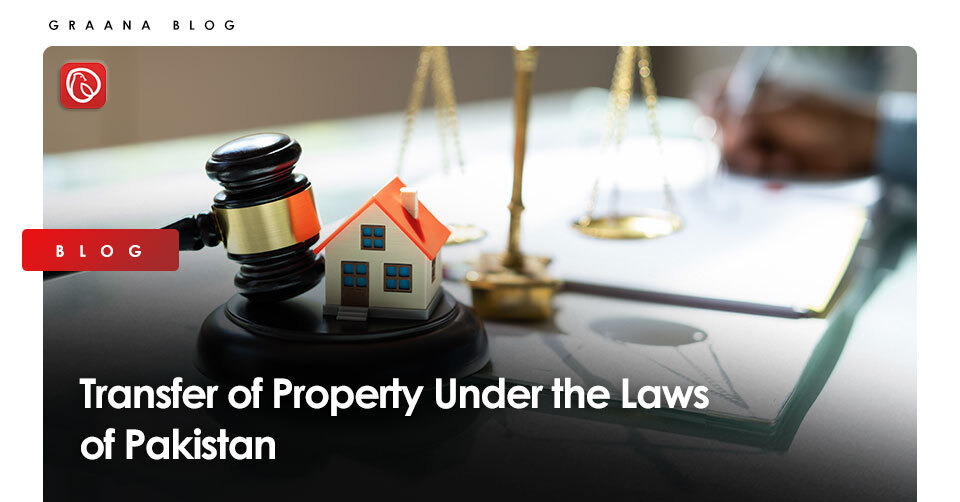A rental agreement is critical for any landlord-tenant relationship. This legally binding contract outlines the terms and conditions to provide clarity and protection for both parties.
A rental agreement establishes clear rules and guidelines that help prevent misunderstandings and disputes. It also serves as evidence of the tenancy and can be used in court if necessary. In addition, it offers flexibility to tailor the terms to their specific needs, providing security to the landlord by ensuring rent is paid on time and the property is well-maintained.
Graana.com has created a comprehensive checklist for landlords to create a rental agreement below.
Essential Components of a Rental Agreement
The rental format should cover the following things:
- Name of tenants
- Tenancy duration & expiration
- Mode of payment
- Rental description
- Maintenance & repairs
- Property inspection
- Contact information & profile
- Rent charges
- General property rules
Name of Tenants
The name of tenants is a crucial component of a rental agreement as it identifies the individuals who will occupy the rental property. It is important to include the full legal names of all tenants who will be residing in the property. This information is used for various purposes, including communication between the landlord and tenants, legal documentation, and referencing in the case of any disputes.
It also helps establish who is responsible for the rent and other obligations outlined in the agreement. In some cases, the names of any additional occupants may also be included.
Tenancy Duration & Expiration
This section outlines the start and end dates of the tenancy, letting both the landlord and tenants know the length of their commitment. The expiration date can either be a fixed date or a flexible one that can be renewed or extended. The terms and conditions for renewing or extending the tenancy should be clearly stated in this section.
Mode of Payment
This section outlines the method by which rent will be paid, including the due date, late payment fees, and any other payment terms. Common modes of payment include automatic bank transfers, checks, or money orders.
This also helps ensure that tenants make rent payments consistently and on time, and it clarifies the process for handling any late or missed payments. The agreement should also specify if there are any penalties for late payments and when they take effect.
Rental Description
This provides a detailed description of the rental property, including its location, size, number of bedrooms and bathrooms, and any other relevant details. It helps both the landlord and tenants understand the exact property they are renting, and it ensures that both parties are in agreement on its conditions.
It is important to include a comprehensive description of the rental property so that there are no misunderstandings or disputes later on. This may include photographs or a floor plan of the property, and it should be updated if any changes occur during the tenancy.
Maintenance & Repairs
As a general principle, landlords usually bear the cost of taxes, property maintenance and repairs. However, the allocation of these expenses can vary, depending on the specific terms agreed upon by both parties. To avoid conflicts over damage costs, it is advisable to clearly specify the responsible party in the rental agreement.
Property Inspection
A property inspection is one of the most important elements to include in a rental agreement. However, while landlords have the right to access their property according to landlord-tenant law, unannounced inspections can lead to disputes over privacy violations.
To avoid such conflicts, it is advisable for landlords to clarify their right to access the rental property in the agreement and provide 24 hours notice before entering for inspections, repairs, or showing it to new tenants.
Contact Information & Profile
Establishing trust is key for both the landlord and tenant to have a successful relationship. A landlord should follow through on their commitments, and a tenant can provide all the required information, such as ID, personal documents, phone number, and home/business address to establish transparency.
Rental Charges
It is essential to clearly specify rental charges to prevent confusion or fraud. These should be written in both numerals and words for clarity. Landlords can further secure the agreement by detailing any late fees and grace period. It is also important to note that, according to laws of tenant rights, both parties must agree to the rental charges, and no one can be forced into the agreement.
General Property Rules
Landlords have the legal right to set restrictions, policies, and terms for the use of their property. For example, if a landlord has allergies to animals, they have the right to include a clause in the rental agreement that prohibits tenants from having pets on the property.
This demonstrates the balance between the rights of tenants and landlords and the importance of having clear agreements in place to protect both parties.
Legal Considerations

In Pakistan, some of the legal considerations of rental agreements include:
- Rent control
- Security deposits
- Termination of tenancy
- Repairs and maintenance
- Eviction
- Privacy
Rent Control

In Pakistan, rent control refers to a set of laws and regulations that limit the amount that landlords can charge for rental properties. These laws are meant to protect tenants from unreasonable rent increases and to ensure that rental properties remain affordable for low-income families.
Rent control laws may also outline the process for determining rent levels, the rights of tenants and landlords, and the procedures for resolving rent disputes. These laws vary from city to city and may be subject to change over time, so it is important for both landlords and tenants to understand the local regulations that apply to their rental agreements. Non-compliance with rent control laws can result in fines or other penalties for landlords.
Security Deposits
A security deposit is a sum of money that the tenant pays to the landlord at the start of the tenancy as a form of security. It is meant to cover any damages to the rental property or unpaid rent at the end of the tenancy.
In Pakistan, the amount of the security deposit and the terms for its return are typically outlined in the rental agreement. It is important for both landlords and tenants to understand their rights and responsibilities regarding the security deposit, as disputes over the return of the deposit can arise at the end of the tenancy. Local laws may also regulate the use of security deposits in rental agreements.
Termination of Tenancy
In Pakistan, the termination of tenancy is a legal consideration that outlines the conditions under which a rental agreement can be ended. Typically, the termination of tenancy is governed by the terms of the rental agreement, local rental laws, and court decisions.
A few common reasons for terminating a tenancy include non-payment of rent, violation of the rental agreement, and the end of the lease term. In most cases, a landlord must give a notice of termination to the tenant before the tenancy ends. The notice period required may vary depending on the reason for termination and local laws.
Repairs and Maintenance
Some key points to consider in a rental agreement for repairs and maintenance include:
- Who is responsible for making repairs?
- Who is responsible for paying for repairs?
- How should the tenant report a repair issue?
- What type of repairs are included (e.g. emergency repairs, routine maintenance)?
- How often should routine maintenance be performed?
- How long should the landlord have to make repairs?
It is crucial to clearly define these points in the rental agreement to avoid disputes between the landlord and the tenant later on.
Eviction
Eviction refers to the legal process by which a landlord forces a tenant to vacate a rental property. It can occur for several reasons, including:
- Non-payment of rent
- Violation of the terms of the rental agreement
- Engaging in illegal activities on the property
- Exceeding the allowed length of stay
- Refusing to vacate after the lease has ended
The eviction process in Pakistan usually involves the following steps:
- The landlord provides a written notice to the tenant to vacate the property.
- If the tenant does not comply with the notice, the landlord may file a lawsuit in the relevant court.
- The court will hear both sides of the case and issue a ruling.
- If the ruling is in favour of the landlord, the tenant must vacate the property within a specified time frame.
- If the tenant still refuses to vacate, the landlord may request the assistance of law enforcement to forcibly remove the tenant.
It is important to follow the proper legal procedures when seeking an eviction to ensure a fair and lawful outcome.
Privacy
Privacy considerations typically include:
- Limiting access to the rental property by the landlord or their agents
- Restrictions on the use of surveillance equipment on the property
- Confidentiality of personal information provided by the tenant
- Prohibiting the landlord from entering the property without prior notice or consent
To read about rental laws in Sindhi, visit Graana.com.




